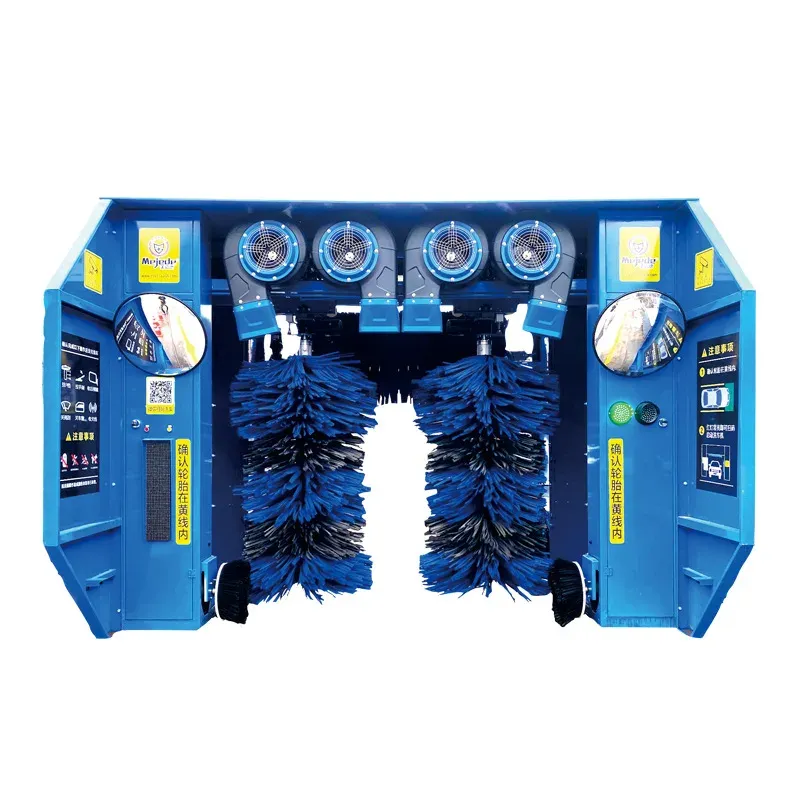
- Afrikaans
- Albanian
- Amharic
- Arabic
- Armenian
- Azerbaijani
- Basque
- Belarusian
- Bengali
- Bosnian
- Bulgarian
- Catalan
- Cebuano
- Corsican
- Croatian
- Czech
- Danish
- Dutch
- English
- Esperanto
- Estonian
- Finnish
- French
- Frisian
- Galician
- Georgian
- German
- Greek
- Gujarati
- Haitian Creole
- hausa
- hawaiian
- Hebrew
- Hindi
- Miao
- Hungarian
- Icelandic
- igbo
- Indonesian
- irish
- Italian
- Japanese
- Javanese
- Kannada
- kazakh
- Khmer
- Rwandese
- Korean
- Kurdish
- Kyrgyz
- Lao
- Latin
- Latvian
- Lithuanian
- Luxembourgish
- Macedonian
- Malgashi
- Malay
- Malayalam
- Maltese
- Maori
- Marathi
- Mongolian
- Myanmar
- Nepali
- Norwegian
- Norwegian
- Occitan
- Pashto
- Persian
- Polish
- Portuguese
- Punjabi
- Romanian
- Russian
- Samoan
- Scottish Gaelic
- Serbian
- Sesotho
- Shona
- Sindhi
- Sinhala
- Slovak
- Slovenian
- Somali
- Spanish
- Sundanese
- Swahili
- Swedish
- Tagalog
- Tajik
- Tamil
- Tatar
- Telugu
- Thai
- Turkish
- Turkmen
- Ukrainian
- Urdu
- Uighur
- Uzbek
- Vietnamese
- Welsh
- Bantu
- Yiddish
- Yoruba
drive thru car wash equipment cost
The Cost of Drive-Thru Car Wash Equipment An In-Depth Analysis
In recent years, the popularity of drive-thru car wash services has surged, driven by consumer demand for convenience and efficiency. This trend has prompted many entrepreneurs and businesses to invest in car wash facilities equipped with advanced machinery. However, one key consideration for potential investors is the cost of drive-thru car wash equipment. Understanding these costs is crucial for making informed financial decisions and ensuring a profitable operation.
Types of Drive-Thru Car Wash Equipment
Drive-thru car wash systems can be categorized into several types, each tailored to different customer needs and budget constraints. The most common types include
1. Touchless Car Wash Systems These systems use high-pressure water jets and specialized cleaning chemicals to clean the car without physical contact. While they are often associated with lower maintenance costs, the initial investment can be substantial, typically ranging from $30,000 to $200,000.
2. Soft Cloth Car Wash Systems These are popular for their effective cleaning capabilities. They employ soft cloths and foam solutions to ensure a thorough wash without scratching the vehicle's surface. The cost of soft cloth systems can range from $50,000 to $300,000, depending on the complexity and features of the setup.
3. Tunnel Systems Ideal for high-volume locations, tunnel systems enable multiple cars to be washed simultaneously. The installation cost for a tunnel car wash can range from $200,000 to $1 million or more, depending on the size and technology integrated into the system.
4. Self-Service Car Wash Equipment While not a typical drive-thru format, self-service stations can complement a drive-thru car wash. The cost for these setups is usually lower, ranging from $20,000 to $100,000, making them a feasible option for cost-conscious investors.
Factors Influencing Equipment Cost
drive thru car wash equipment cost

Several factors influence the overall cost of drive-thru car wash equipment, including
- Technology and Automation Higher automation levels, such as RFID payment systems and advanced water reclamation technologies, increase initial equipment costs. However, they can lead to reduced labor costs and increased efficiency in the long run.
- Location The geographical location of the car wash facility affects equipment choice and cost. Areas with higher labor costs or stringent environmental regulations may necessitate more expensive equipment that complies with local laws.
- Financing Options Many manufacturers offer financing solutions that can spread the cost of equipment over time. This can make the initial financial burden more manageable for new business owners.
- Maintenance and Operating Costs While not part of the initial purchase, the day-to-day expenses associated with running a car wash, including water and chemical costs, maintenance, and labor, should be factored into the overall budget. Opting for durable equipment may result in higher upfront costs but lower maintenance expenses over time.
Return on Investment (ROI)
The investment in drive-thru car wash equipment can yield significant returns. A well-located and efficiently-run car wash can generate substantial revenue, especially with the growing trend of vehicle ownership and the demand for car cleaning services. Average revenue for a drive-thru car wash can range from $500,000 to over $1 million annually, depending on factors such as location, pricing, and customer volume.
Conclusion
Investing in drive-thru car wash equipment offers immense potential for profitability, but understanding the associated costs is vital. The type of equipment chosen, its features, and the location of the business all play crucial roles in determining the overall investment required. Potential investors should conduct thorough market research, consider financing options, and evaluate the long-term operating costs to make informed decisions that will pave the way for a successful car wash operation. Ultimately, investing in quality equipment will not only enhance customer satisfaction but also contribute to the sustainability and growth of the business in a competitive market.
-
Integrating Aqua Tunnel Car Wash in Shopping CentersNewsJun.24,2025
-
Gas Station with an Auto Car Wash MachineNewsJun.24,2025
-
Efficiency in Your Aqua Tunnel Car Wash: Power & Water-SavingNewsJun.24,2025
-
Car Wash Business with Advanced Auto Car Cleaning MachinesNewsJun.24,2025
-
Balancing Setup Costs with Aqua Tunnel Car WashNewsJun.24,2025
-
Aqua Tunnel Car Wash: Eco-Design for the Energy-Savvy EntrepreneurNewsJun.24,2025



